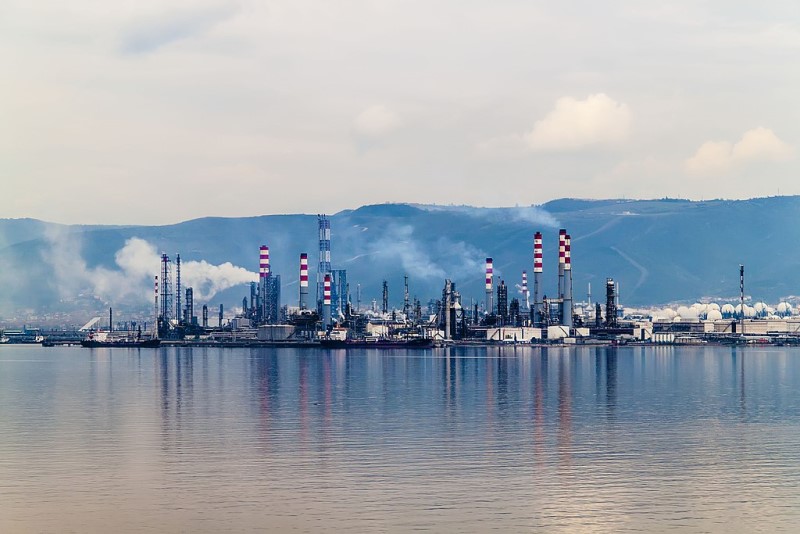Black Sea Gas Find Gives Turkey Leverage against Russia
By Natalia Konarzewska
November 23, 2020
In August 2020, Turkey announced the first sizeable natural gas discovery off its Black Sea coast, estimated to contain some 320 billion cubic meters (bcm) of gas. In October 2020, after weeks of additional exploration, Turkey revised the estimation of the newfound gas reserve upwards to 405 bcm. The discovery of the Sakarya gas field was met with euphoria, as it came after years of unfruitful quest for indigenous natural gas reserves. The finding promises to ease Turkey’s dependence on hydrocarbon imports and Ankara will likely use its new-found gas field as leverage against Russia, which is bound to have geopolitical implications.

Turkey’s Alternative Gas Suppliers: Who to bet on?
By Ipek Velioglu
January 15th, 2016, The Turkey Analyst
Turkey’s decision to shoot down a Russian jet in the Syrian border led to a crisis between the two countries. Although Russia and Turkey always had divergent political agendas, they maintained a good relationship. In the last decade, thanks to the personal relationship of the leaders, Russia and Turkey created a strong economic partnership, especially in the energy field, and kept it separately from the political sphere. But this time is different: the deterioration in political relations will have a strong impact on energy cooperation. Russia slammed economic sanctions on Turkey and big investment projects are at risk. Given its dependency on Russian natural gas, Turkey is concerned about its energy security, making the quest for alternative suppliers and sources highly relevant.



